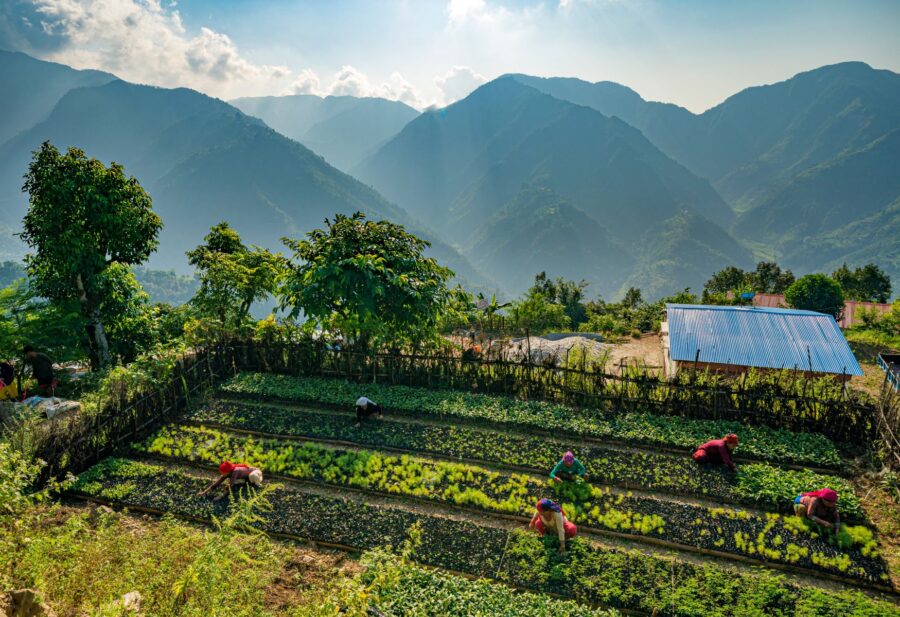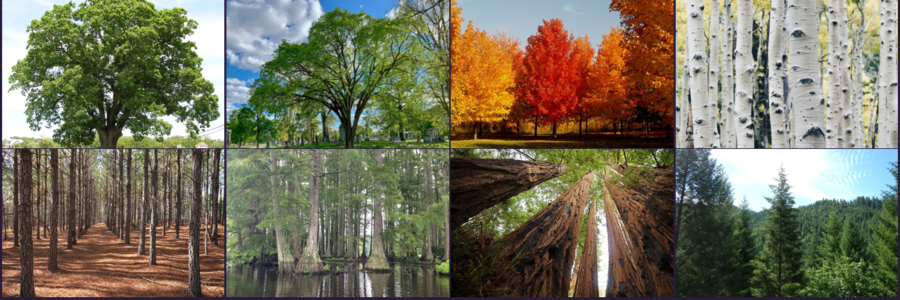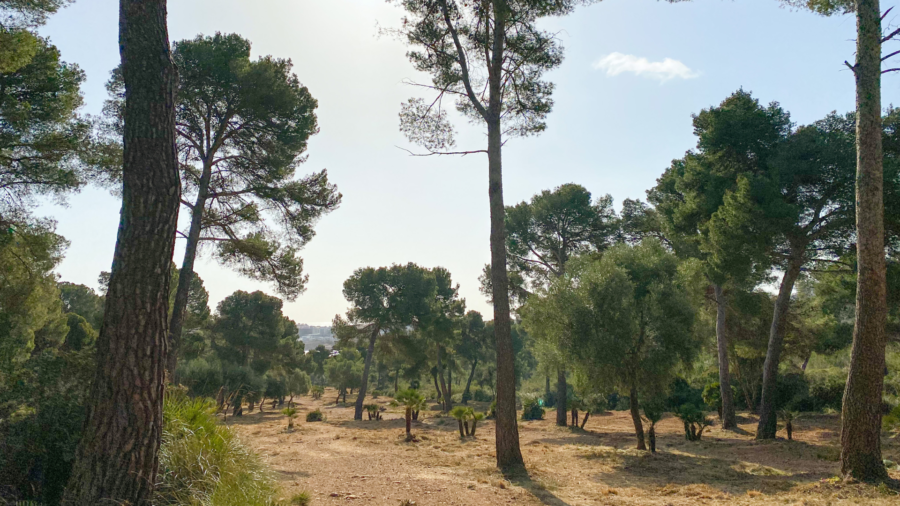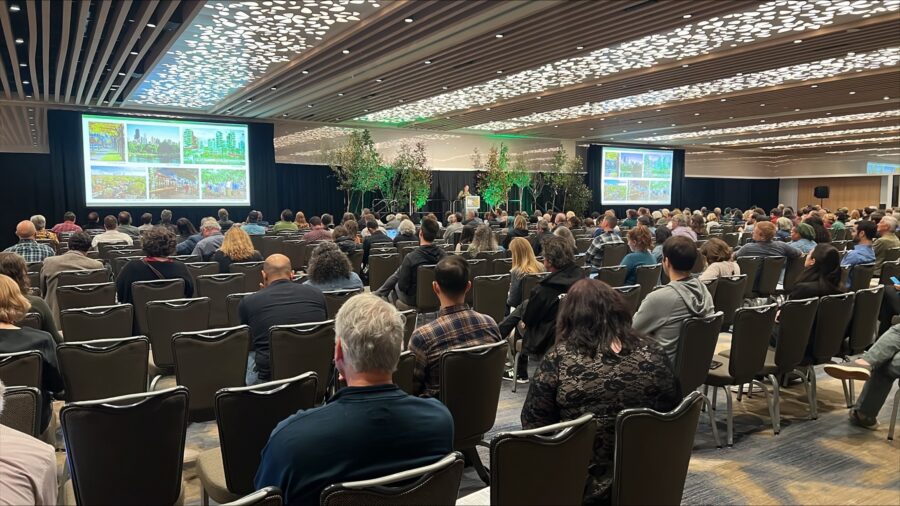Written by Reana Kovalcik and Jordan Wildish
The poorest parts of the world are disproportionately impacted by climate change and environmental degradation. From extreme heat to deforestation and habitat loss, poor communities are on the frontlines of the climate crisis. Eden Reforestation is an international non-profit working to plant trees and save lives in the poorest communities in the world – in a big way. The organization is a global leader in cost-effective reforestation and is working to plant, produce, and grow more than 48 billion trees by 2030, and conserve an additional 79 million acres of mature forests. Eden employs thousands of people in their partner communities to collect seeds, cultivate seedlings, plant trees, and protect forests. They work in nine countries spanning Africa, Asia, Central, and South America.
In Madagascar, a country with 90% of its original forest cover destroyed, Eden is employing local communities to restore native mangrove estuaries which not only sequester carbon, but also prevent erosion and help to protect the coastline from storms and flooding. In Haiti, Eden works with impoverished communities to implement agroforestry techniques that provide food security and economic livelihoods. In Kenya, one of Eden’s newest planting locations, they are working with local partners to reforest Kenya’s Kijabe forest with native species. In just two years of operating in the country, Eden has already established themselves as the country’s largest reforestation practitioner.

Steve Fitch, Eden’s Founder and CEO, sees forests as not just a way to restore ecosystems but as a critical path to improve livelihoods for the poorest communities in the world. “Eden’s mission is designed to care for the poor first and foremost” said Fitch.
While planting trees is a large part of Eden’s work and is essential to restoring these landscapes to their native condition, their approach extends far beyond planting trees. “Historically our focus was exclusively on planting, but we’re happy to be able to add conserve and restore into that mix” said Fitch. “It’s not just what’s planted, it’s what grows. You need a healthy canopy and a healthy ecosystem. Preserving and protecting is how we achieve that, how we ensure that what we plant grows.”

Eden’s work doesn’t stop when the trees are in the ground. They monitor and measure tree health to ensure that the forests they conserve, restore and grow are in place for the long term. Eden also employs community members to help patrol forests at high risk for illegal logging. Eden tracks the survival rate of their trees using a combination of satellite imagery, drone surveys, and in-person verification. “We have monitoring and verification systems for the forest restoration pieces, but we also have socioeconomic tools that we use to monitor the changes being made” said Fitch.
Eden’s approach is having a major impact. With funding from the Arbor Day Foundation, Aspiration, Ecologi, Ecosia, Verizon, Tentree, the Bezos Earth Fund and many others, Eden is already planting hundreds of millions of trees each year and growing quickly. “Combining caring for the poor and caring for the planet strikes some as a paradox, but that combination is the reason that we’ve become a leader in global reforestation. After 16 years we know it works” said Fitch. This work is made possible by the businesses, foundations, and individuals that support Eden’s work, as well as with the extensive engagement and support from the countries and communities in which they work. “Increasingly, it’s governments approaching us and asking us to take the lead on specific sites. These days that includes a growing number of national parks and reserves” said Fitch. “The community members are the ones that know their own forest systems best. They know the pioneer species, which are best to establish a canopy. They have the experiential knowledge that makes them experts. Valuing their insight and expertise is key.”
Planting nearly 50 billion trees by 2030 and conserving nearly 80 million acres of forest is no small task. To reach this milestone Eden will rely on the support of tree champions across the world – from the frontline communities they employ to corporate and philanthropic funders and individual donors. “I want to give the average person that really cares the opportunity to participate. I want us to focus on reaching the hundreds of millions of folks across the US and give them a simple, tangible ask. We need a mass movement” said Fitch.



